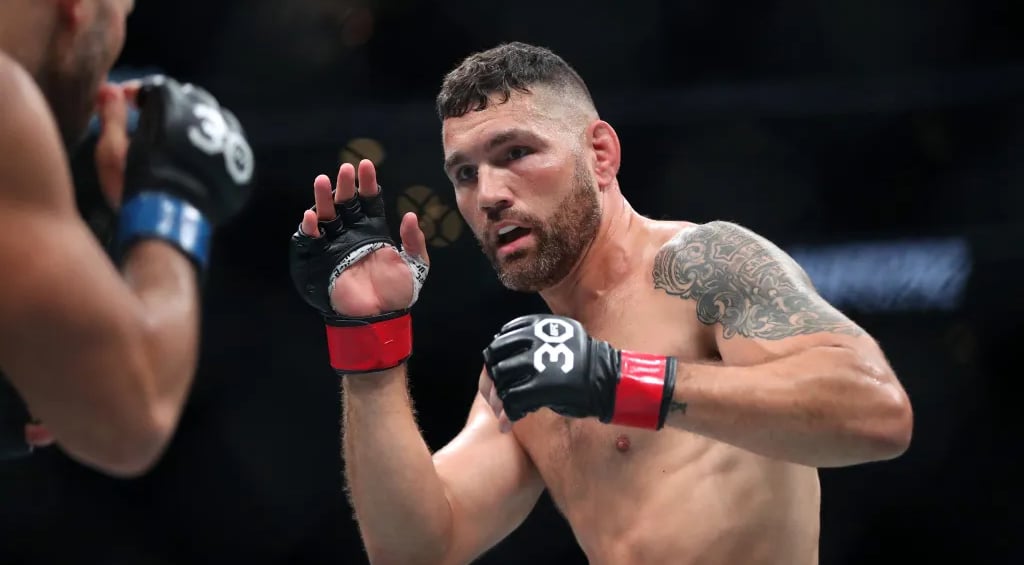Chris Weidman Calls Out UFC for Not Paying Fighters When Opponents Pull Out
Former UFC middleweight champion Chris Weidman has publicly criticized the UFC after his fight against Eryk Anders at UFC 309 was canceled at the last minute. Weidman claims he was left without compensation, despite the promotional costs already being set for the event. His complaints come after a similar incident involving his brother-in-law, Stephen "Wonderboy" Thompson, whose UFC 291 bout with Michel Pereira was disrupted by Pereira's weight miss, but Thompson reportedly received some compensation.
MMA
Ke Press Global
11/28/20241 min read


Weidman aired his grievances on The Ariel Helwani Show, expressing his frustration with the UFC's treatment of fighters in such situations. He said, “I showed up, you guys had that on the budget sheet to begin with, you guys had a great night, why do you keep that money and I don’t?” He emphasized the sacrifices fighters make, including weeks of costly training camps, media obligations, and the brutal weight-cutting process.
The UFC’s explanation, according to Weidman, was that these kinds of situations happen regularly—approximately 40% of the time on fight cards. The promotion's stance is that paying fighters when an opponent pulls out would be inconsistent with their business model. Weidman, however, points out the problem with this logic: "If this happens once on 40% of cards, that's only about 17 events per year where they would have to pay a single fighter their show money."
Given the UFC’s $12 billion valuation and over $1 billion in annual revenue since 2022 (with 2023 revenues reportedly at $1.3 billion), Weidman argues that paying fighters for these unfortunate circumstances would barely dent their bottom line. He estimates that compensating those fighters could cost no more than $2 million a year, even if the fighters involved are veterans with larger contracts.
Weidman’s criticisms come from a place of personal sacrifice, as he has endured severe injuries in the octagon—including a career-threatening leg injury. Despite being a loyal company man, Weidman believes the UFC's treatment of its long-tenured fighters is unfair, especially in terms of their revenue share, which currently stands at only 13%. Improving this share by a small margin each year, Weidman suggests, shouldn’t be beyond the UFC's means.
The UFC’s refusal to compensate fighters when circumstances out of their control lead to a canceled fight highlights a broader issue in fighter compensation and the promotion’s treatment of its athletes.
Photo: MMA Junkie
© 2026. Ke Press Global. A Ke Harbor Company. All rights reserved.
FOLLOW KE PRESS GLOBAL ON :
Contact us


